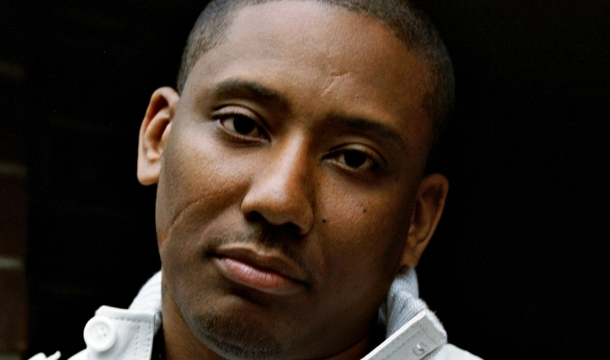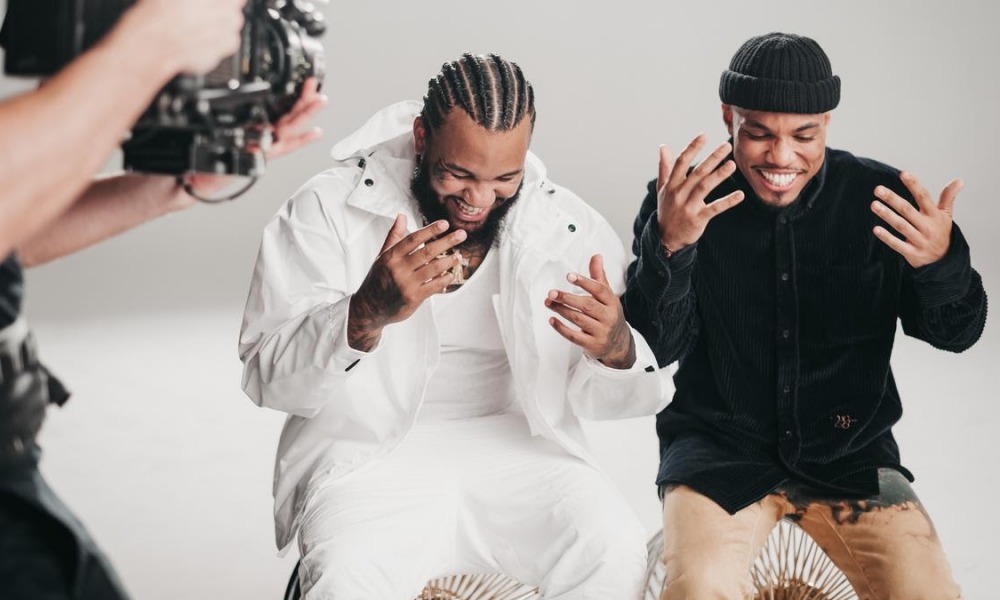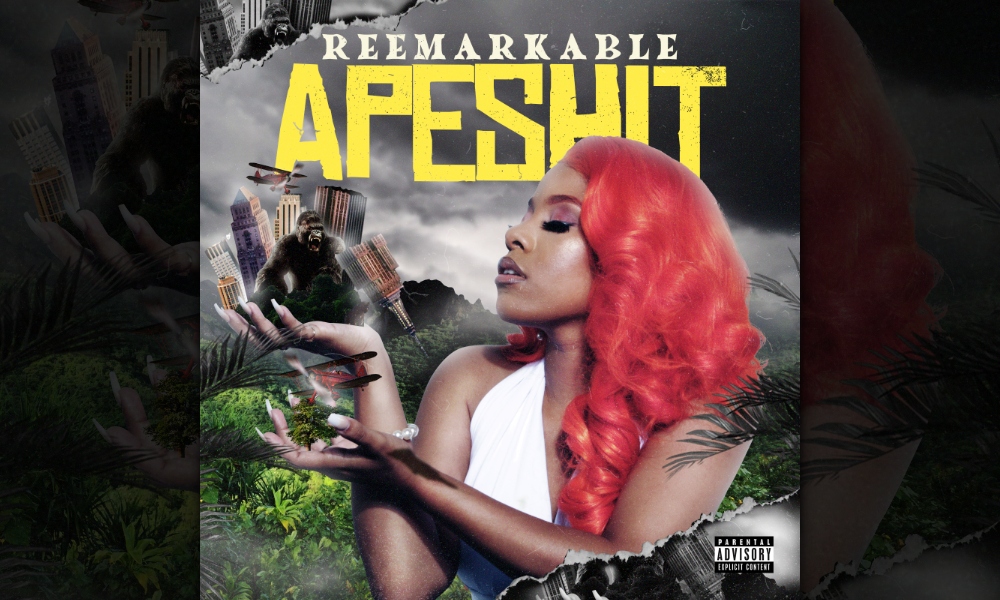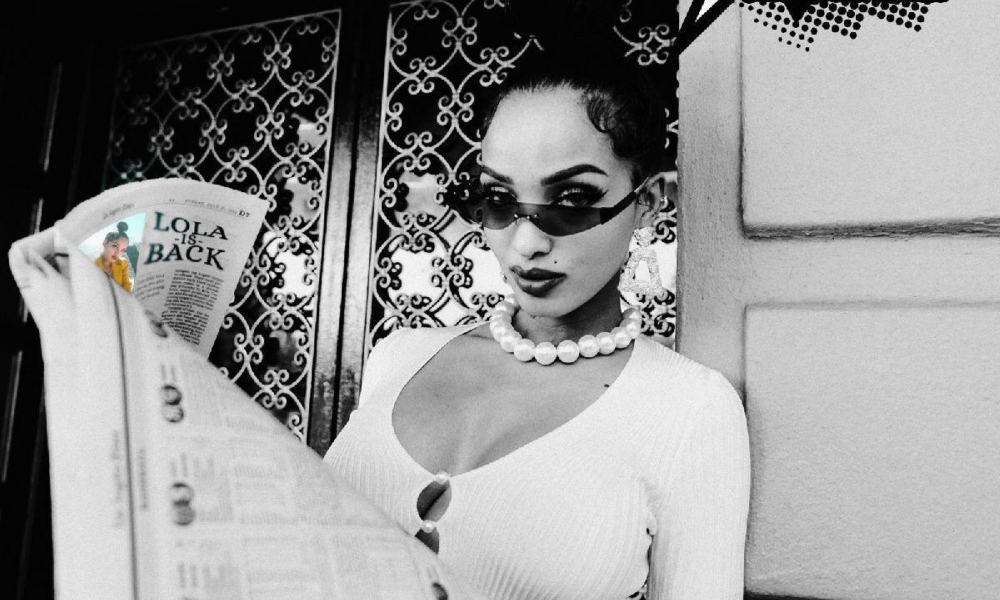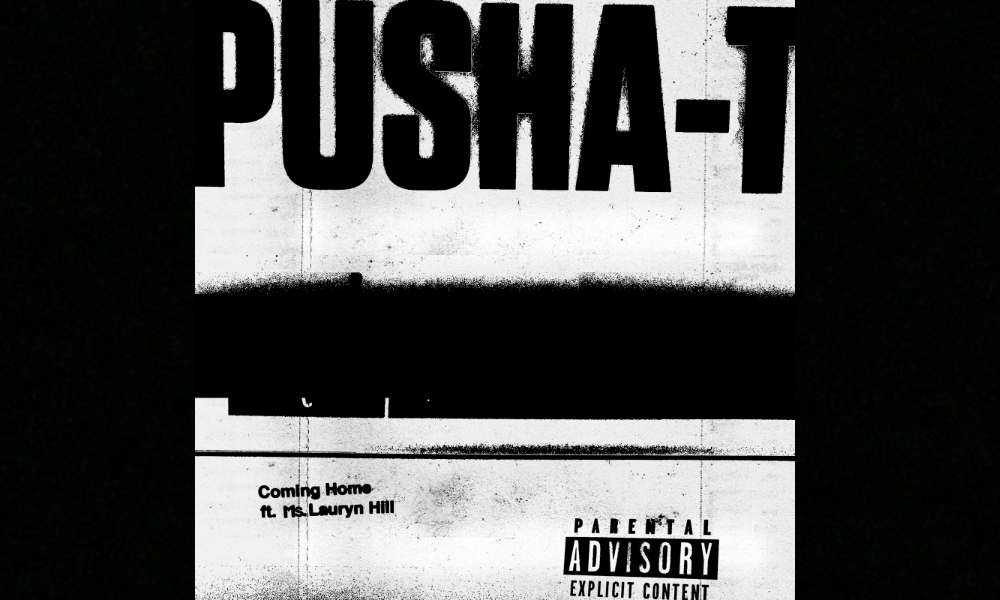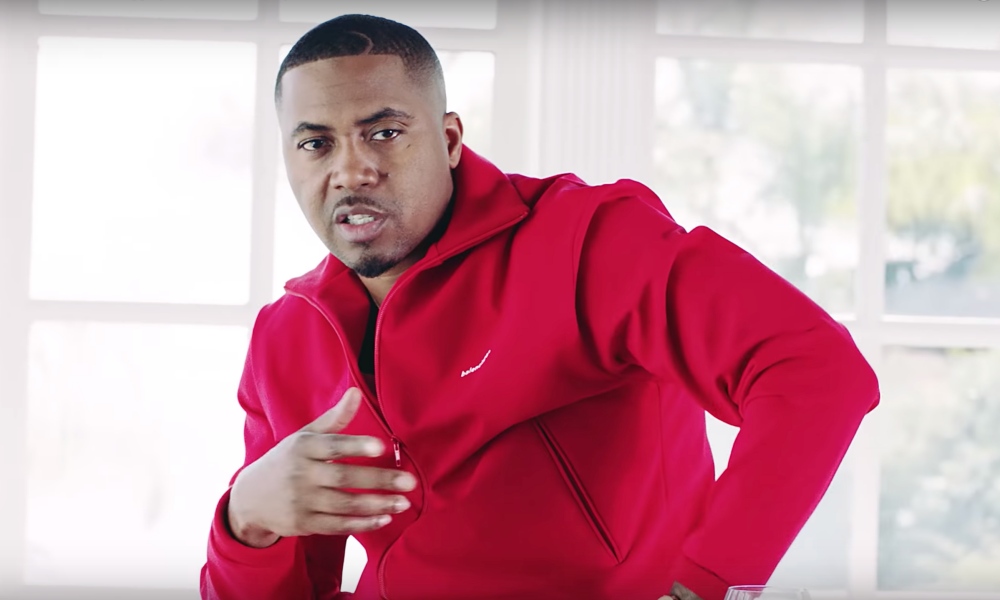Maino was very clear in addressing a lot of issues that N.Y.C has been having as a systemm. He talked about NYC not breaking rappers and not spearheading their own movement. Check out Maino as he weighs in on Kendrick's "Control".
“I feel that Kendrick’s Control is good … it’s good it happened. We did a lot of d*ck sucking and cock licking for a long time. We lost our culture. There is no such thing as a New York sound no more. Here is a dude that had a #1 album come from Cali and sell out Roseland Ballroom. He gets more spins then New York rappers in New York. If I were doing that in LA I would be the king of LA too. “
How do you feel? Is this true?
Are you curious about Maino’s perspective on Kendrick Lamar’s infamous song ‘Control’? Do you want to know what he thinks about the state of hip-hop and the ‘New York system’? Well, look no further because we’ve got all the details for you.
In this article, we’ll dive into Maino’s thoughts on Kendrick Lamar’s verse that shook up the hip-hop community.
We’ll also explore his take on the current state of hip-hop and how it relates to New York City’s music scene.
So sit back, relax, and get ready to hear Maino weigh in on some of the most talked-about topics in hip-hop culture.
Kendrick Lamar’s “Control”and its Impact on the Hip-Hop Community
You can’t deny the impact that Kendrick Lamar’s ‘Control’ had on the hip-hop community, with its bold call-outs and challenge to elevate the genre.
The track itself was a game-changer, with its hard-hitting beat and Lamar’s lyrical prowess. But it was his verse that really shook things up.
In ‘Control,’ Lamar called out several of his peers by name, challenging them to step up their game and push themselves creatively. He even went so far as to claim that he was ‘the king of New York,’ a statement that caused quite a stir in the rap community.
Some critics accused him of being disrespectful or arrogant, while others applauded his willingness to speak his mind and challenge others to do better. Regardless of how you feel about the content of ‘Control,’ there’s no denying that it sparked an important conversation about what it means to be a successful rapper in today’s music landscape.
It challenged artists to think beyond their own egos and strive for greatness in everything they do. And isn’t that what hip-hop is all about? Pushing boundaries, breaking rules, and constantly evolving? Thanks to Kendrick Lamar, we’re all thinking a little bit harder about what it takes to be at the top of our game.
Maino’s Perspective on the “New York System”and the State of Hip-Hop
Now, let’s take a moment to reflect on the current state of hip-hop and how it aligns with Maino’s perspective on the industry’s approach to success in New York.
According to Maino, there’s a certain system established in New York that determines who is successful and who isn’t. This system involves being accepted by those who hold power in the industry, often leaving little room for new artists or fresh voices.
Maino believes that this system is detrimental to the growth and evolution of hip-hop as an art form. He argues that this kind of gatekeeping only serves to stifle creativity and limits opportunities for talented individuals who may not fit into the mold created by those in positions of power. In his view, this leads to a lack of diversity within hip-hop and makes it difficult for new voices to be heard.
Despite these challenges, Maino remains optimistic about the future of hip-hop. He sees potential for change through collaboration and support among artists from different regions and backgrounds. By breaking down barriers between different styles and approaches, he believes that hip-hop can continue to evolve and thrive as an art form.
Ultimately, it will be up to individual artists and fans alike to challenge traditional systems of power within the industry and create space for diverse perspectives within hip-hop culture.
Conclusion
So, there you have it. From Maino’s perspective, the ‘New York System’ may not be as dominant as it once was, but it still holds a special place in hip-hop history.
And while Kendrick Lamar’s ‘Control’ verse may have stirred up some controversy and competition within the rap game, ultimately it served as a reminder of the importance of lyricism and pushing oneself to be the best.
As hip-hop continues to evolve and new artists emerge, it’ll be interesting to see how they approach these topics and whether or not they’ll uphold the traditions and values that pioneers like Maino hold dear.
But one thing’s for sure – hip-hop isn’t going anywhere anytime soon.
